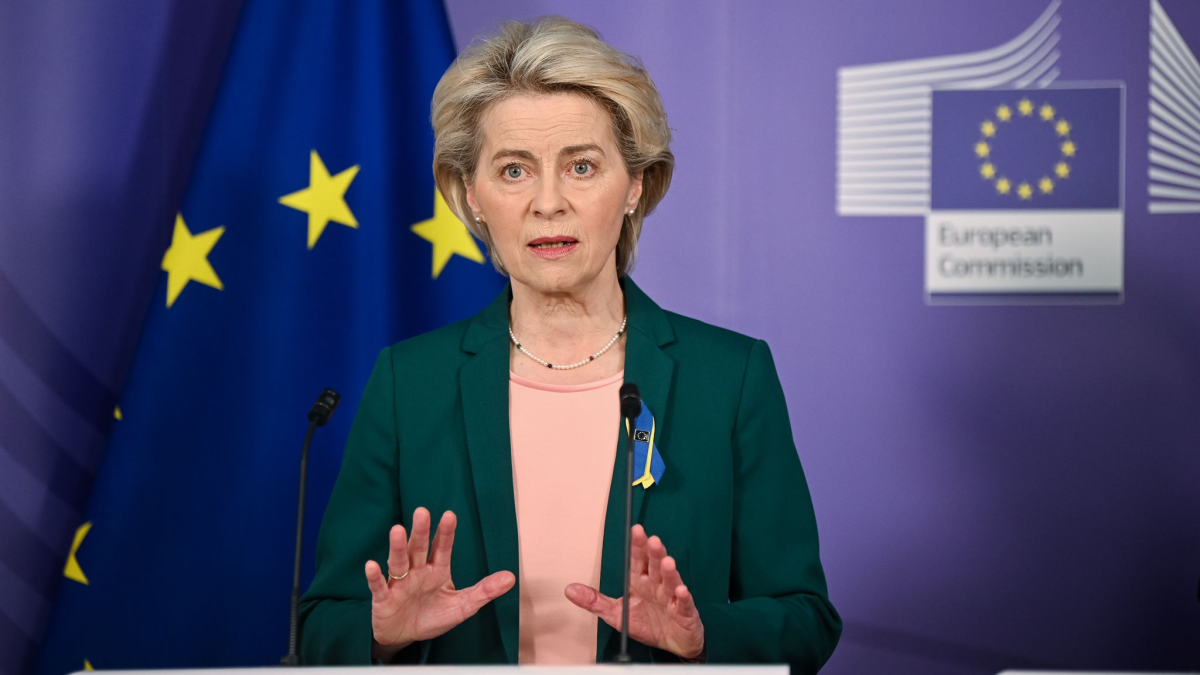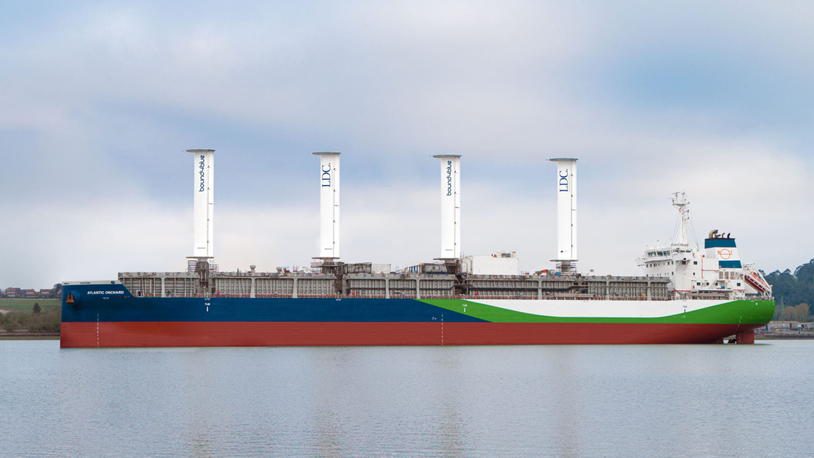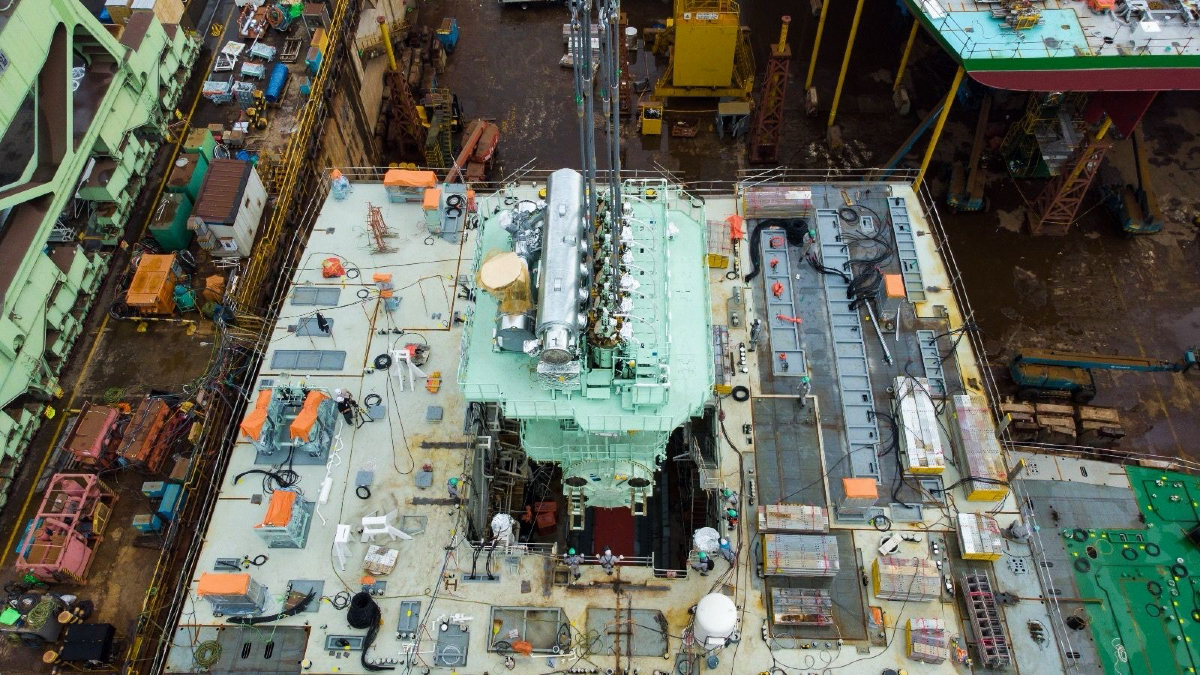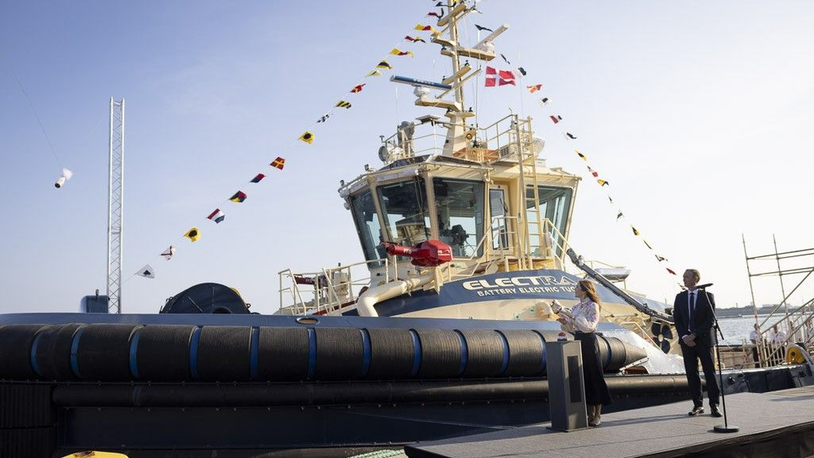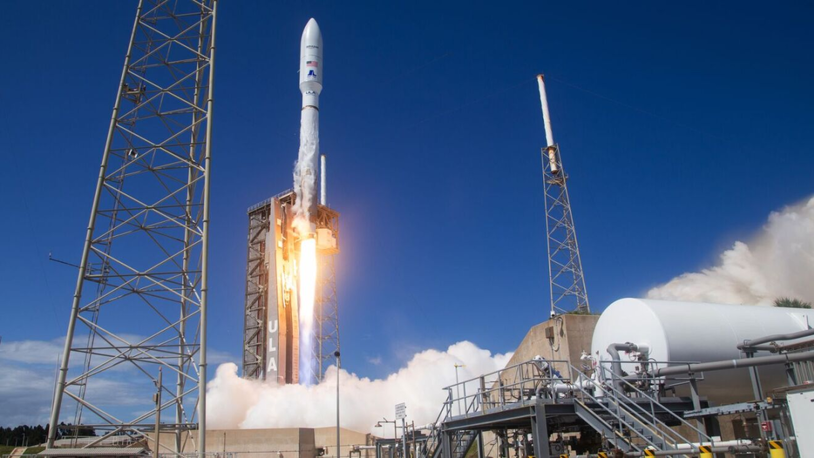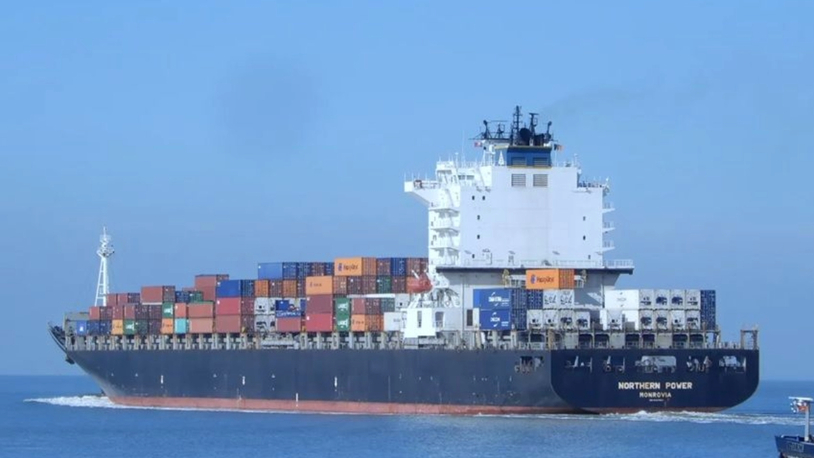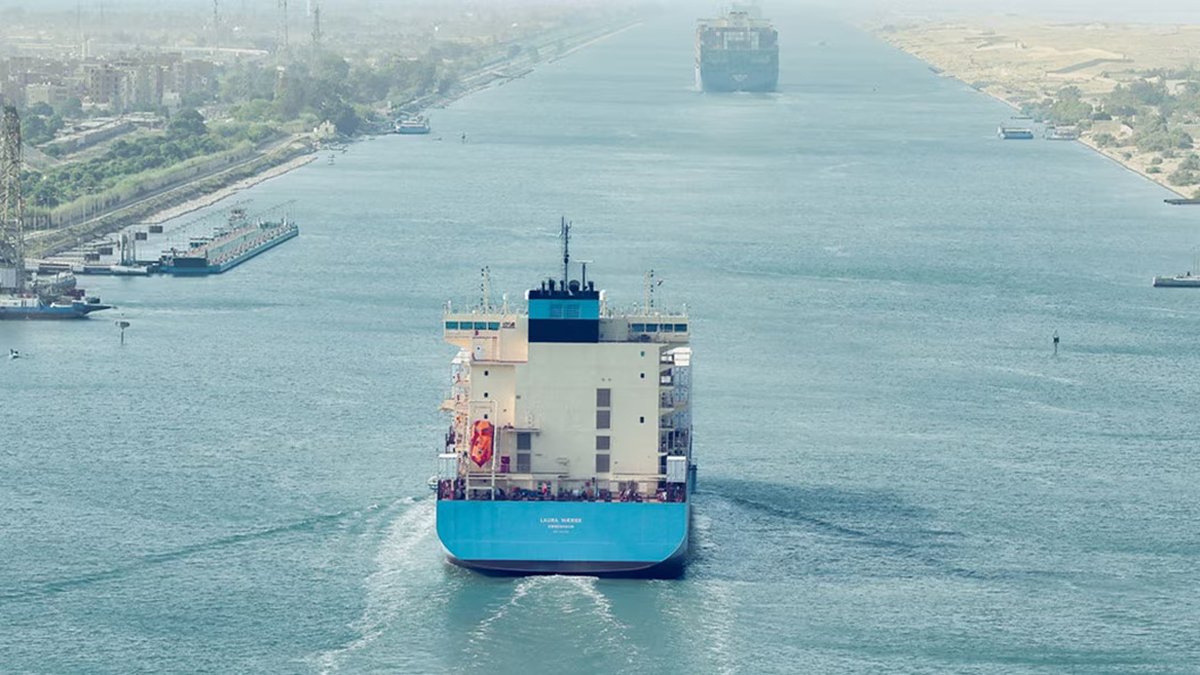Business Sectors
Events
Floating energy: successfully unlocking stranded gas using FLNGs and FSRUs
Contents
Oil price cap and 'back-door' Russian flows in EU’s latest sanctions focus
The European Union is intensifying its stance against Moscow, with new proposals expected to further redirect trade flows and limit Western service providers’ involvement in Russian seaborne exports
Among the key measures in the proposed 18th sanctions package are a ban on imports of refined products derived from Russian crude oil and a reduction of the oil price cap.
Presenting the proposal, EU Commission President Ursula von der Leyen stated the price cap would be lowered from US$60 to US$45 per barrel, “adapting it to changed market conditions and restoring its effectiveness.” She emphasised, as the oil price cap is a joint G7 initiative, co-ordination with other member nations will be discussed at the upcoming G7 Summit in Canada.
Another major proposal includes a ban on the import of refined products based on Russian oil. "We want to prevent Russian crude oil from reaching the EU market through the back door," Ms von der Leyen explained.
Additionally, the EU has proposed a transaction ban on the Nord Stream 1 and Nord Stream 2 pipelines, meaning no EU operator would be allowed to engage, directly or indirectly, in any transactions related to these pipelines.
The EU also plans to expand its crackdown on the so-called ’shadow fleet’ by adding 77 more vessels to its sanctions list, in addition to the 342 ships already targeted.
Price cap and ’indirect’ ban: implications for the market
Kpler senior risk and compliance analyst Dimitris Ampatzidis told Riviera lowering the price cap would effectively bar Russian seaborne exports from accessing Western insurance and financial services. He added the broader sanctions package could result in a near-total shift to non-Western service providers, potentially leading to vessel reflagging and increased operational risks.
Addressing the indirect import ban, Mr Ampatzidis noted the Commission’s proposal challenges the WTO’s ’substantial transformation’ rule, relying on the security exception clause, Article XXI of General Agreement on Tariffs and Trade.
Under the substantial transformation principle, a product is considered to originate in the country where it underwent its last major industrial process. In this case, Russian crude refined in India and exported to the EU would technically be considered Indian in origin, not Russian.
“Legally, the EU’s proposal is covered,” said Mr Ampatzidis, “but enforcing it in practice is difficult. There is no customs infrastructure for crude traceability, so the burden falls on banks, insurers and shipping ESG teams, which will likely ‘self-sanction’ to avoid handling grey barrels.”
If adopted, the proposal is expected to add bureaucracy, prolong shipping times and raise costs, assuming overall trade volumes remain unchanged. Mr Ampatzidis added, if strictly enforced, clean cargoes from the US Gulf and Middle East could supply Europe’s markets, while Russian-linked cargoes would be diverted to Africa, Latin America and Asia. This would drive up freight, insurance and demurrage costs, pushing the market toward more complex and opaque trading channels.
Further pressure on Russian revenues
Ms von der Leyen stated sanctions have already significantly weakened the Russian economy, estimating an 80% drop in oil and gas revenues compared with pre-war levels.
Mr Ampatzidis added, if the new measures are implemented strictly, increased transport costs could reduce Moscow’s revenue by US$2Bn per month. With Russia currently exporting around 3.2M barrels of crude oil per day, short-term logistical disruptions could cut output by 5–10%. Additionally, the Urals-Brent discount could widen to US$15–20 per barrel.
Regarding the proposed sanctions on the Nord Stream pipelines, Mr Ampatzidis said the impact is largely symbolic, as pipeline flows are already at zero, “It sends a political message, rather than delivering a practical effect.”
Riviera’s Tanker Shipping & Trade Webinar Week will be held from 30 June 2025. Click here to register for this free-to-attend event.
Related to this Story
Events
Maritime Regulations Webinar Week
Floating energy: successfully unlocking stranded gas using FLNGs and FSRUs
© 2024 Riviera Maritime Media Ltd.


